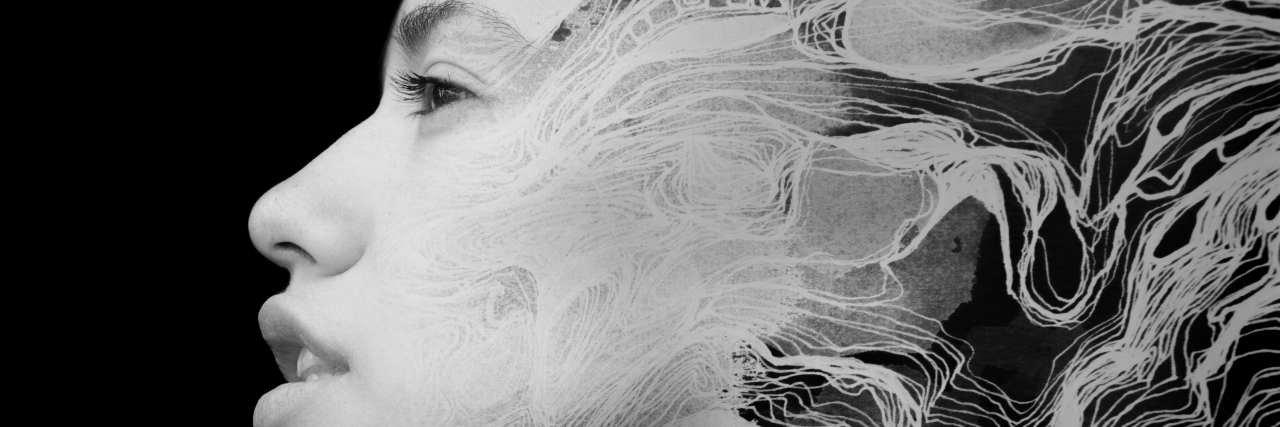Why I Sometimes Feel Like a Burden -- and How I'm Taking Back Control
I’ll be the first to admit, I don’t like the idea that I have a disability, that I need accommodations at work. I find it awkward and strange to breach the conversation with a potential or future boss about how I need extra support, fearing they will not want me or see me as less than. It doesn’t help that I navigate this world with a service dog either. How can somebody who has a seemingly able body have a disability? Can we believe them?
Invisible disability has been a challenge to explain to family and friends, both my mental illness and my physical disability. While I will save discussions about my mental health for another post, I want to highlight how dangerous it can be to dismiss your physical disability, especially if it’s an invisible condition.
I was diagnosed in my early 20s with dysautonomia, or postural orthostatic tachycardia syndrome (POTS). I pass out. Sometimes, I know it’s coming and I can lay down and get into a safe space. Other times, it hits me like a tornado and I am out and don’t know how it all happened. It has happened when I am in the car, when I am walking my dog, when I am relaxing at home, and when I am just going about my day. I always fear that it will happen at work but never thought it would, as work is my safe space, my place where I feel invincible from my disabilities.
It happened. I had a terrible digestive reaction (a symptom of POTS, according to this Mayo Clinic post) and that triggered a vaso-vagal response, according to the emergency room doctor that treated me. My digestive reaction triggered my vagus nerve, which runs by your heart and that set off a chain reaction. Essentially, as the ER doctor told me, the vagus nerve that controls your digestive system runs dangerously close to your heart. When my nerve was triggered by my digestive response, it caused my heart to react and because of my POTS, my body gave out and I ended up unconscious.
I am a teacher and I was on campus, with students in my classroom, when this all happened. I had to leave and left my colleagues to pick up the pieces. In situations when my health fails me, when my body fails me, I feel like a burden, a burden on my support system that is picking up after me or my colleagues for having to do the heavy lifting because I can’t.
My invisible disability makes me feel helpless more than I’d like to admit. I feel like an emotional burden for those that worry about my safety. I feel like a physical burden on those that have to pick me up after I fall. And I feel like my life takes a toll on those around me to the point where it affects my mental health and triggers a downward spiral into a dark place.
Despite my experiences, despite my situation, I have learned, through lots of therapy, that taking things day by day is critical to not letting things get out of hand. I am learning to advocate for my treatment, seeking out resources and finding ways to get the best treatment for improving my quality of life. I believe it is important to make sure you don’t let your disability take control of your life, that you don’t let it hold you back. For the longest time, I let my disability, both mental illness and physical illness, control my life. Now, I have taken the upper hand.
Getty image by Lumezia.

